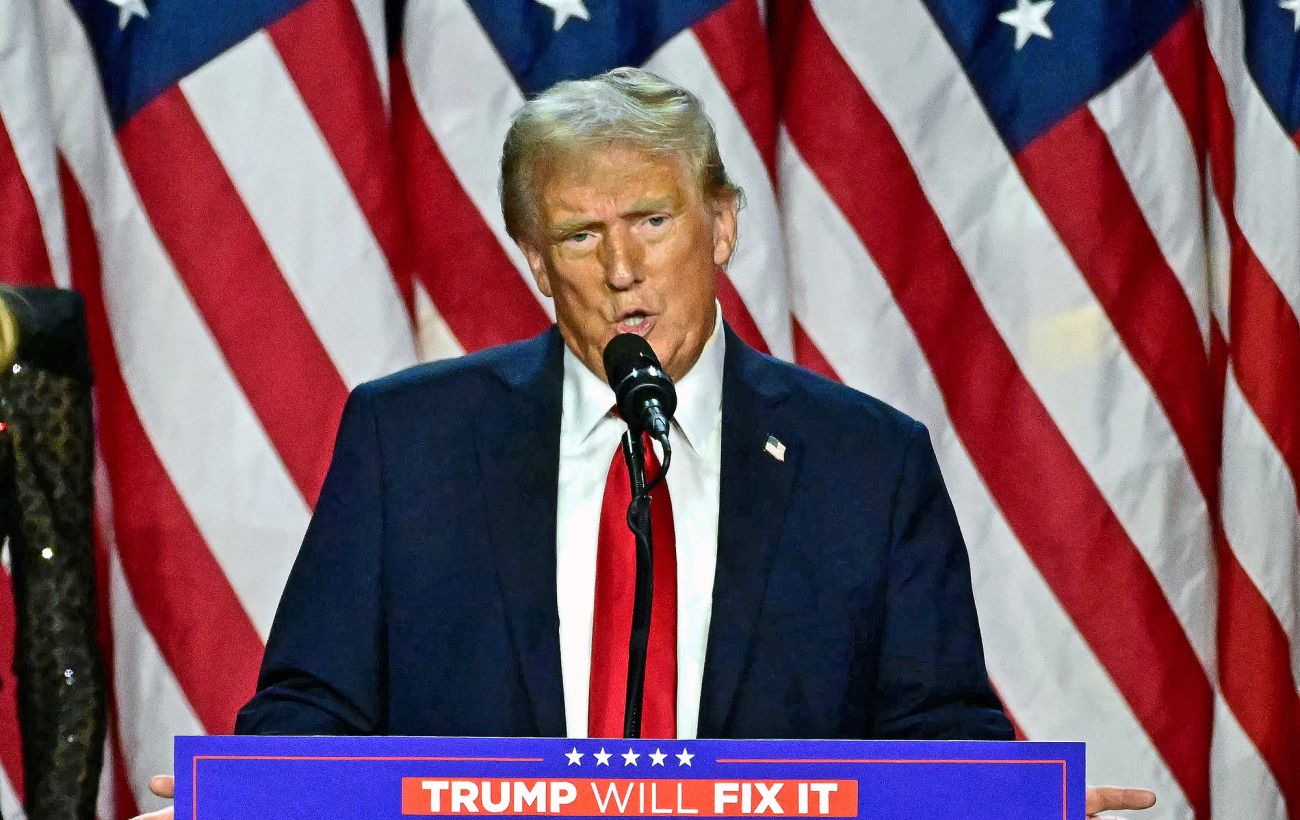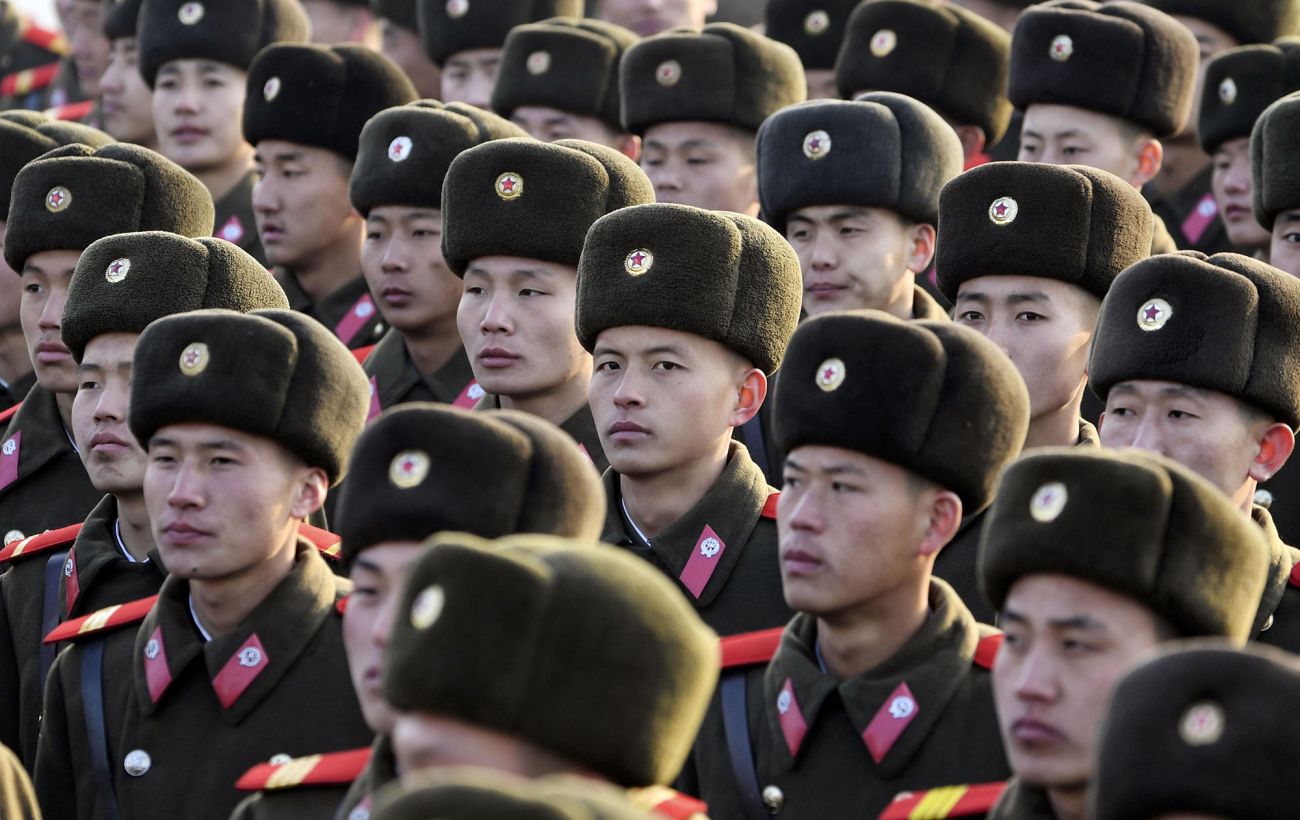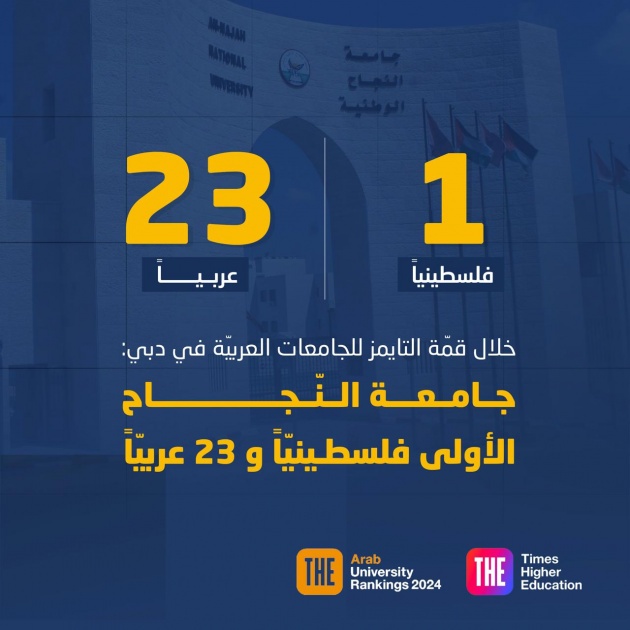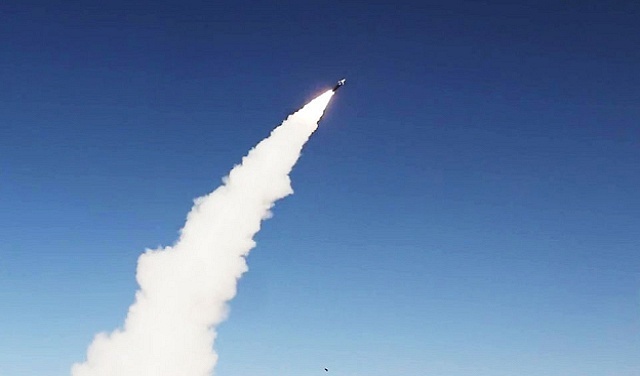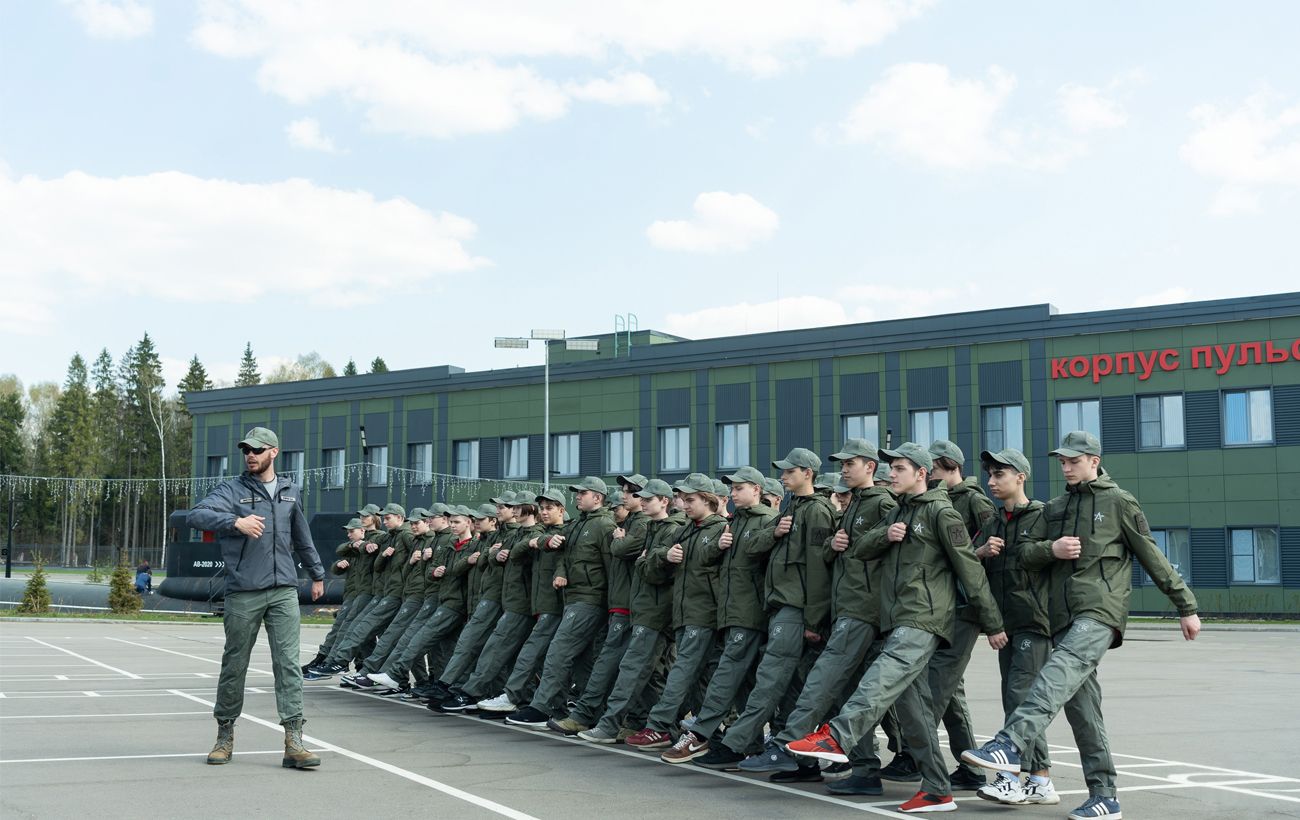
Analysts note that Russian dictator Vladimir Putin continues to expand the network of programs for military-patriotic training of youth both in the Russian Federation and in the temporarily occupied territories of Ukraine. This is happening ahead of the upcoming “Year of the Defender of the Fatherland” 2025.
In particular, on December 20, Putin approved a list of four instructions to the Government of the Russian Federation. Including orders for:
- creation and development of a network of “military sports camps” to popularize the conscription of young people for military service;
- expansion of the Kremlin’s “Roads of Victory” program;
- create an online platform for organizing military-patriotic training programs for Russian youth;
- and transfer a child’s “health camp” to year-round operations.
“The Kremlin’s ‘Roads of Victory’ program aims to ‘cultivate patriotic feelings in modern children and youth’ and offers free excursions to Russian cultural and historical sites of ‘military glory’ for Russian children and youth,” the report details.
ISW writes that the Kremlin previously used Avangard military and sports training camps to militarize and instill Russian cultural and historical narratives among Ukrainian youth. And the Russian Federation appears to be expanding its similar camps across Russia as part of its long-term power-building efforts.
In addition, the Kremlin is preparing to expand and elevate other military-patriotic youth organizations, such as Yunarmiya and the First Movement, to militarize Russian youth.
He also uses his Time of Heroes program to place so-called Ukrainian war veterans in government positions and militarize Russian society as a whole.
On 20 December, Putin announced that the Kremlin would see 2025 as the “Year of the Defender of the Fatherland”, indicating that he intended to orient Russia’s political and ideological priorities for 2025 around Russian veterans and the further militarization of Russian society.
ISW output
Analysts have concluded that the Kremlin likely intends to use these military-political organizations to encourage and raise the prestige of military service among Russian youth and Russian society. The fact is that the Kremlin continues to plan its long-term military actions in Ukraine and possible future armed conflicts with Western countries.
